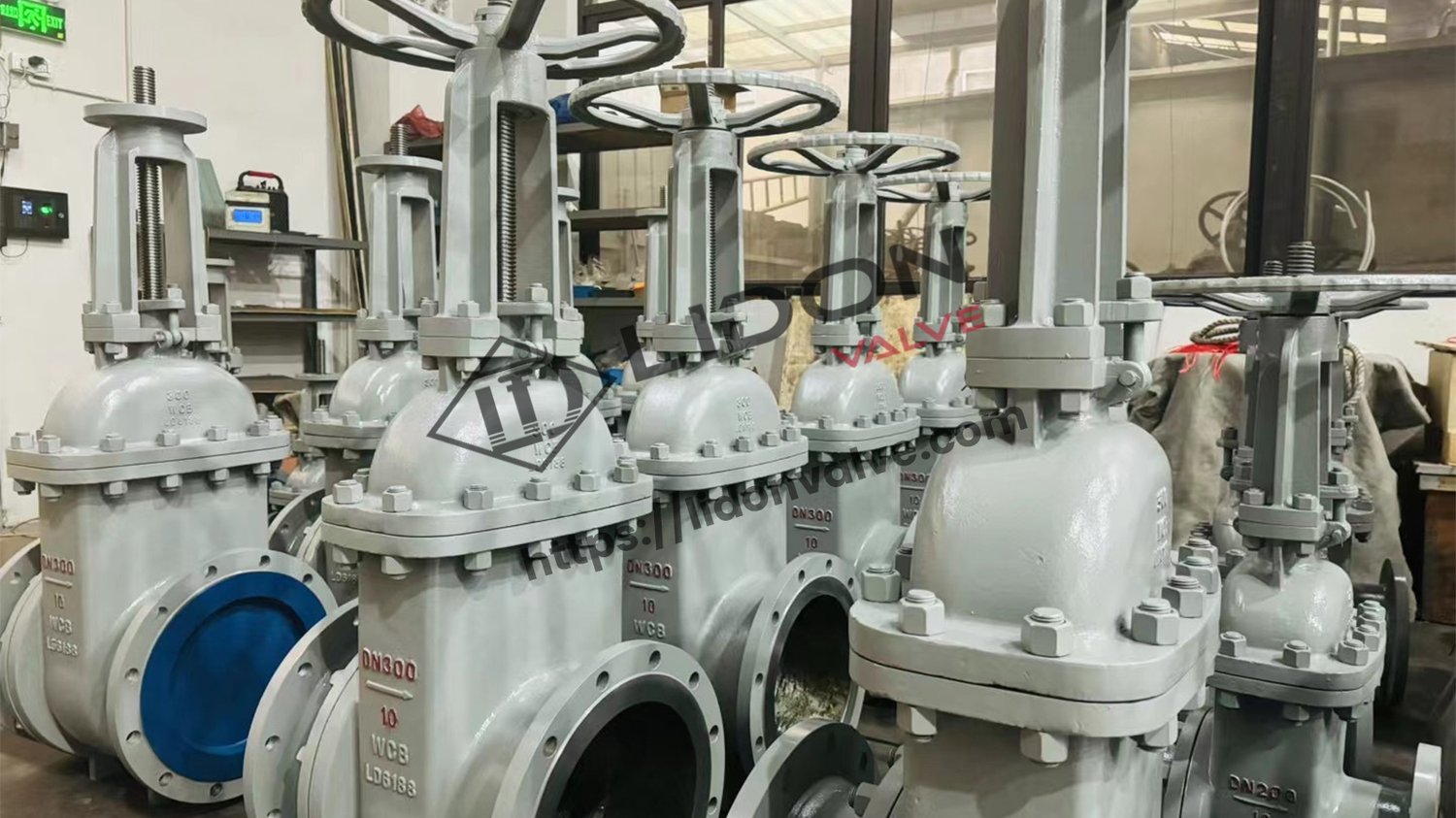The Importance of Check Valves in Plumbing Systems
Check valves play a crucial role in various industries, particularly in plumbing systems. These valves are designed to allow the flow of fluids in one direction while preventing backflow in the opposite direction. By understanding the main purpose of a check valve, we can better appreciate their significance in maintaining the efficiency and safety of plumbing systems.
Preventing Backflow and Contamination
One of the primary purposes of a check valve is to prevent backflow, which occurs when the fluid flows in the opposite direction than intended. This is especially important in plumbing systems where the reversal of flow can lead to contamination. By ensuring that fluids only flow in one direction, check valves help maintain the purity and safety of water supply systems.
Protecting Pump Systems of Check Valves
Another critical function of check valves is to protect pump systems from damage. When a pump stops, there is a risk of backflow, which can cause the pump to spin backward. This can lead to mechanical failure and increased wear and tear on the pump. Check valves prevent this by automatically closing when the pump stops, preventing backflow and protecting the pump from potential damage.
Regulating Flow and Pressure
Check valves also play a role in regulating flow and pressure within plumbing systems. By allowing flow in one direction only, these valves help maintain consistent pressure levels. This is particularly important in systems where maintaining a specific pressure is crucial for efficient operation, such as irrigation systems or fire sprinkler systems.
Preventing Water Hammer of Check Valves
Water hammer is a hydraulic shock that occurs when the flow of fluid is suddenly stopped or redirected. This can lead to pressure surges within the plumbing system, causing damage to pipes, valves, and other components. Check valves help prevent water hammer by allowing fluid flow in one direction and closing off when the flow stops or reverses, minimizing the risk of sudden pressure changes.
Ensuring Proper Functioning of Sump Pumps
Sump pumps are used to remove excess water from basements and crawl spaces, preventing flooding and water damage. Check valves are essential components of sump pump systems as they prevent the pumped water from flowing back into the sump pit. This ensures that the sump pump can effectively remove water without the risk of recirculation, maintaining the dryness and safety of the space.
Preventing the Loss of Prime in Centrifugal Pumps
Centrifugal pumps rely on the presence of fluid to create a vacuum and draw in more liquid. If the flow of fluid is interrupted or reversed, the pump can lose its prime, resulting in decreased efficiency and potential damage. Check valves prevent the loss of prime by ensuring that the fluid flows in the correct direction, allowing the pump to maintain its prime and operate effectively.
Maintaining System Integrity in Gas and Oil Pipelines
Check valves are not only vital in plumbing systems but also play a crucial role in the integrity and safety of gas and oil pipelines. These valves prevent the backflow of gas or oil, which can lead to hazardous situations, leaks, or explosions. By ensuring that the flow remains unidirectional, check valves help maintain the reliability and security of these essential pipelines.
Preventing System Overloads of Check Valves
In systems where multiple sources or branches of fluid flow converge, check valves prevent overloads by ensuring that the fluid flows in the intended direction. Without check valves, the system can become overwhelmed with excessive fluid flow, leading to potential damage, leaks, or reduced efficiency. By regulating flow and preventing backflow, check valves help maintain the optimal functioning of complex fluid systems.
Increasing Efficiency and Reducing Energy Consumption
By preventing backflow and maintaining proper flow direction, check valves contribute to increased efficiency and reduced energy consumption in various systems. When fluid flows in the intended direction without interruptions or reversals, system performance improves, resulting in energy savings. This is particularly relevant in systems that rely on pumps or other energy-consuming components.
Enhancing Safety in Industrial Processes
Check valves are crucial for maintaining safety in various industrial processes. By preventing backflow and controlling fluid flow, these valves help prevent accidents, leaks, and damage to equipment or pipelines. Whether in chemical plants, manufacturing facilities, or power generation plants, check valves are essential for ensuring the safety and reliability of industrial operations.

